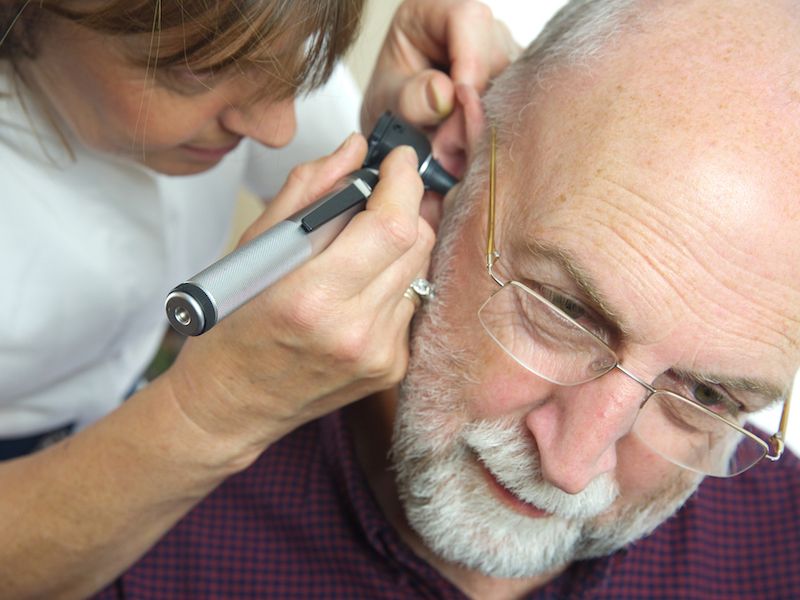
You continue to visit the eye doctor once a year if you own glasses, right? That’s because your eyes can change over time. Your eyes and all parts of your body are dynamic not static including your ears. That’s the reason why even after you purchase hearing aids, you should keep getting your ears checked just as you do with your eyes.
Unfortunately, many people miss those regular checkups. It’s possible they’ve been too busy enjoying their lives to get back in to see the doctor. Or it could be that work has been stressful lately. You may even be so happy with your hearing aids that you just didn’t feel you need to make another appointment. You would usually consider that to be a positive thing.
For the majority of individuals with hearing impairment, even one reexamination consultation becomes almost more important in the long run. Yet a great number of people disregard regular treatment. According to one survey, only 33% of seniors with hearing aids also used regular hearing services.
Once You Have Hearing Aids, is it Actually Imperative to go Back For Checkups?
Your hearing is not static. Over time it changes. When these changes happen, you need to modify your hearing aids to compensate. Routine testing helps monitor any changes in hearing and discover problems early.
And that’s not even the only reason why it could be a good idea to show up for normal consultations with a hearing professional once you start wearing your hearing aids. Some of the most common reasons to ensure you show up to your next appointment include:
- Hearing aid calibration: There may be need for yearly adjustment of your hearing aids based on small changes in your hearing despite the consistency of your overall hearing. Your hearing aids might progressively become less effective if you don’t get this type of calibration.
- Hearing deterioration: Even with a hearing aid, your hearing might keep deteriorating. If this deterioration is happening over a long period of time, you probably won’t realize it’s taking place without the assistance of a hearing screening. Hearing decline can often be slowed with appropriate alterations to your hearing aids.
Besides tracking changes in your hearing, it’s important to periodically get an expert cleaning. We can clean all the small components and keep your hearing in top notch conditions and as well as making sure it’s functioning at it’s best performance.
If You Don’t Follow up With Regular Check Ups There is a Consequence
If you get frustrated with your hearing aids, say because they aren’t working the way you expected them to, you might simply stop wearing them and that would be a problem. Hearing aids make your overall health better and also, of course, makes your hearing better. You may not notice it right away, but your hearing may decline faster if you stop wearing your hearing aids. Increased danger of hearing problems, as well as cognitive decline, have been related to loss of hearing.
In terms of having your hearing aids operating at an optimal level, normal examinations are your best choice. Yearly hearing examinations or screenings can help you make sure your hearing aids are working as they should and that your hearing remains safeguarded. So now it’s time to schedule your hearing appointment.
